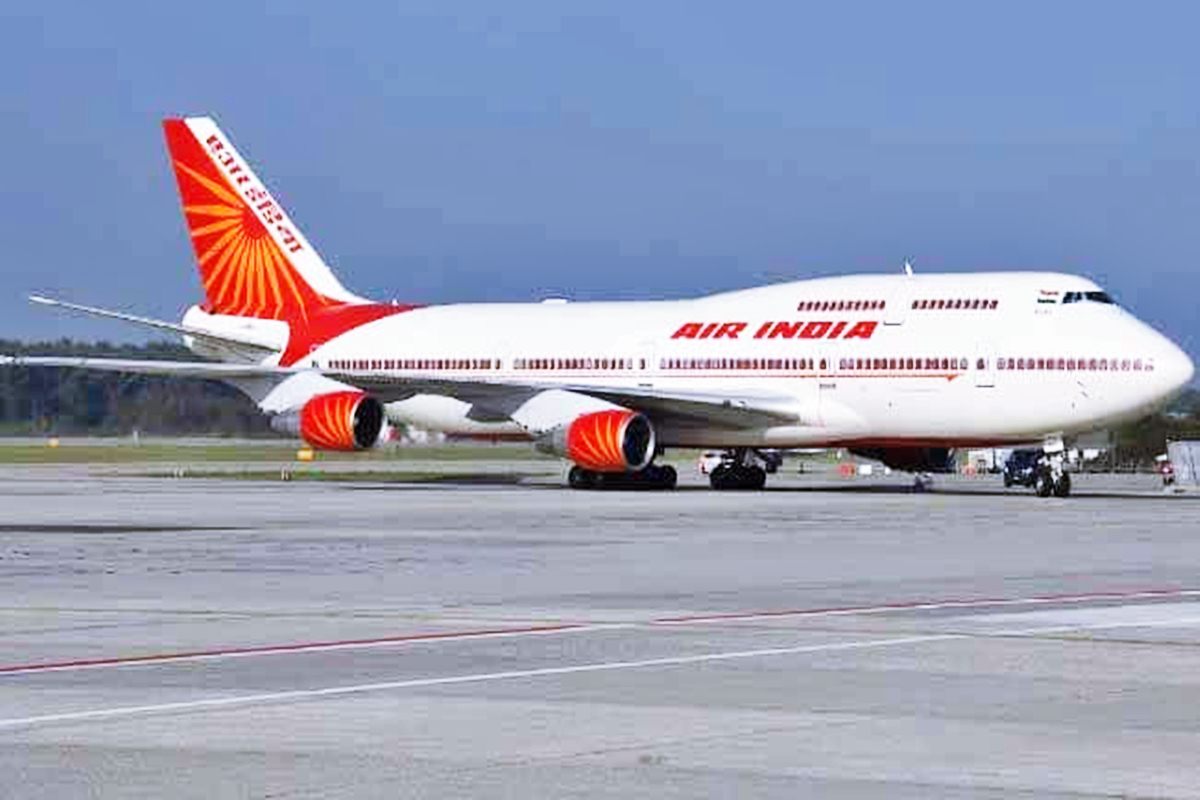
Govt to offer Air India Express and AI SATS to buyer of national carrier
In a bid to sweeten sale of loss-laden Air India, the Government has decided that buyer of the national carrier would also get control of Air India Express, the low-cost subsidiary of AI, and AI SATS.

In a bid to sweeten the sale of loss-laden Air India, the Government has decided to allow the buyer of the national carrier to also take control of the Air India Express, the low-cost subsidiary of AI, and AI SATS, the joint venture company of AI that manages ground handling services in collaboration with Singapore Airlines.
Earlier, it was expected that AI Express and AI SATS would be carved our separately before
divestment of 100% equity in Air India. The Preliminary Information Memorandum issued by the government on Monday (January 27) inviting expression of interest from potential bidders has fixed March 17 as the last date for submission of bids.
The government plans to announce the list of qualified bidders by the end of this fiscal, March 31, according to the Preliminary Information Memorandum.
Issue of the much-awaited Preliminary Information Memorandum sets the ball rolling for the final stage of Modi Government’s attempt to sell Air India.
Also Read: Centre to sell 100% stake in Air India, invites bid; trade unions call meet
The government is willing to sell 100% stake in the national carrier, but policy liberalisation is considered necessary if a foreign company is to buy the entire stake. Considering that there may not be many takers among Indian companies for buying the entire stake in Air India, the government may have to relax the policy stipulation restricting stake that can be owned by foreign companies in Indian airline companies to 49%.
Since Civil Aviation Minister Hardeep Singh Puri has emphasised that the government is keen to sell 100% in Air India and a high-powered committee of ministers headed by home minister Amit Shah is driving the privatisation move, it is expected that rules will be relaxed.
It is necessary to sweeten the AI divestment as much as possible since the buyer has to handle a huge debt burden of around ₹23,000 crore.
Even though the government is trying to clean up the deal by shifting a part of the debt to a Special Purpose Vehicle (SPV) that will be managed over a period of time by selling assets like real estate, even the remaining burden is considered a tough load in the current circumstances where both the domestic and international markets are subdued due to slow economic growth and risk factors like coronavisus spread in China and US-Iran tensions rattling the middle-east.
Also, the divestment plan for AI has been delayed due to various reasons for the past two decades, leading to a worsening of the balance sheet. The recurring losses of Air India has led to a view that the buyer has to have deep pockets to investment-at least a couple of billions of dollars-to revive Air India and put it on growth trajectory.

